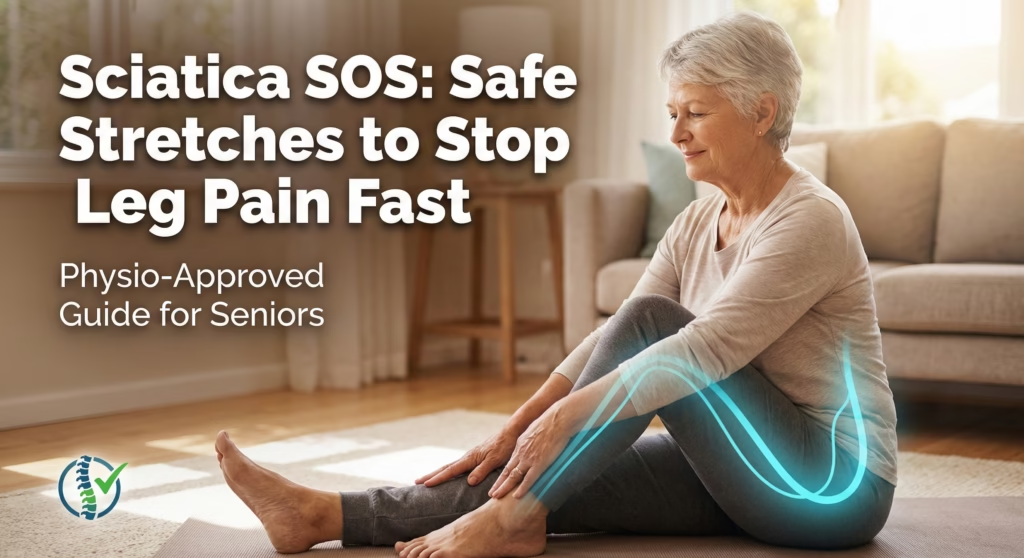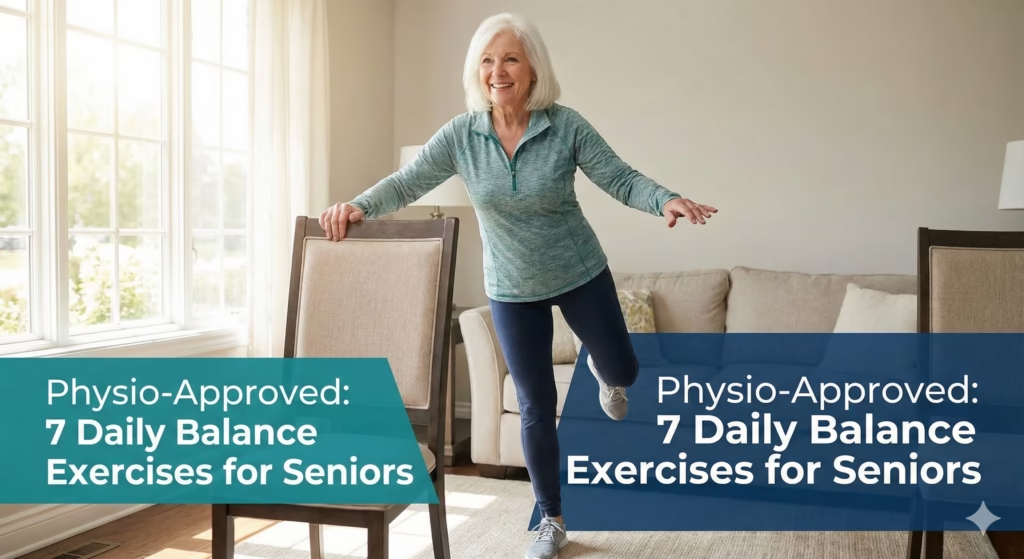
Introduction: Amniotic fluid embolism (AFE)
Imagine you’re expecting a baby, the room is filled with joy, and everything changes out of nowhere. Amniotic fluid embolism (AFE) is one of those unexpected medical emergencies that no one sees coming but can change lives in an instant. Though rare, its severity makes it crucial for every expectant family and caregiver to understand.
What is amniotic fluid embolism (AFE)?
In simple terms, AFE happens when amniotic fluid or fetal cells enter the mother’s bloodstream, causing a severe reaction. This reaction can lead to a sudden drop in blood pressure, heart issues, and even collapse. AFE typically shows up during labour or shortly after birth, making it a critical obstetric emergency. While terrifying, knowing the signs and being prepared can make all the difference.
Signs and Symptoms of AFE:
The symptoms of AFE don’t knock first—they barge in. Look out for:
- Sudden difficulty in breathing
- A steep drop in blood pressure
- Seizures or complete loss of consciousness
- Unexpected cardiac arrest
- Signs of severe bleeding or DIC
- Skin turning blue due to oxygen deprivation
It’s often mistaken for other emergencies. That’s why awareness and quick action can be life-saving.
Causes and Risk Factors
We don’t know precisely what causes amniotic fluid embolism, which makes it even scarier. However, some risk factors include:
- Age 35 and above
- Placenta complications
- Preeclampsia or eclampsia
- Induced labour or C-section
- Carrying twins or triplets
AFE can still strike even if none of these conditions are met. It’s unpredictable.
Diagnosis and Emergency Response:
No single test says, “Yes, this is AFE.” Doctors diagnose it based on what they see in real-time. That’s why a swift response is everything:
- Immediate CPR if the heart stops
- Supplying oxygen
- Transfusions for blood loss
- Stabilising blood pressure with medication
- Treating clotting problems on the spot
- Teamwork in the ER or delivery room can save lives within minutes.
Survival Rate & Long-term Recovery
Here’s the hopeful part:
Survival is possible and becoming more common thanks to better emergency care. Today, 40% to 60% of women survive AFE. But recovery doesn’t end in the hospital.
Many survivors need:
- Emotional support for trauma
- Ongoing health checkups.
It’s a long road, but not a lonely one.
Case Reports and Clinical Research
Doctors have documented real-life stories of mothers who have overcome significant challenges. These reports are more than statistics—they’re blueprints for saving more lives. Scientists are also exploring biomarkers that might one day help us predict AFE before it occurs. But most importantly, these stories highlight the resilience and strength of mothers and their families in the face of such a rare and devastating condition.
One such story is that of Sarah, a 32-year-old mother from California. She was pregnant with her third child when she suddenly went into labor at only 34 weeks. The doctors were able to successfully deliver her baby girl, but shortly after delivery, Sarah began to experience difficulty breathing and severe chest pain. Within minutes, she had gone into cardiac arrest due to an amniotic fluid embolism (AFE).
Sarah’s husband and two children were rushed out of the room as doctors worked frantically to save her life. After several hours of surgery and numerous complications, Sarah was finally stabilized.
Conclusion:
Amniotic fluid embolism is sudden, severe, and scary—but knowledge is power. If you’re an expectant parent, talk with your doctor. Educate yourself on the signs and symptoms to ensure a prompt response. Remember, early recognition and intervention are crucial in improving outcomes for both mother and baby. If you’re a healthcare provider, stay prepared. Every second counts, and with the right action, lives can be saved. If you suspect amniotic fluid embolism, be ready to act quickly and decisively. This rare and potentially life-threatening condition requires immediate medical attention. Stay informed and proactively recognise the warning signs to ensure the best possible outcome for all involved.
Let’s spread awareness, empower families, and support those who’ve been through it.
For more info, please schedule an appointment with our expert.
Fall Prevention For Seniors At Home: A Physiotherapist’s 360° Safety Blueprint.
Falls change lives in a single second. Seniors deserve a safe and happy home. This…
Fix Your Posture: 3 Moves to Stop the Senior Slump
Posture exercises for older adults are essential. Good posture defines your overall health and wellness….
5 Safe Sciatica Stretches for Seniors
Sciatica stretches for seniors offer a path to freedom. That sudden lightning bolt of pain…
The 5-Minute Morning Routine for Arthritis Relief: Wake Up Without Pain
Morning joint stiffness exercises provide a great start. Many seniors wake up with very tight…
At-Home Strength Training for Seniors: The Ultimate No-Weights Guide to Building Muscle After 60
Strength training for seniors at home without weights builds strong bodies. This safe routine preserves…
7 Daily Balance Exercises for Seniors to Prevent Falls (A Physio’s Guide)
Balance exercises for seniors to prevent falls are vital for safety. These moves build leg…






